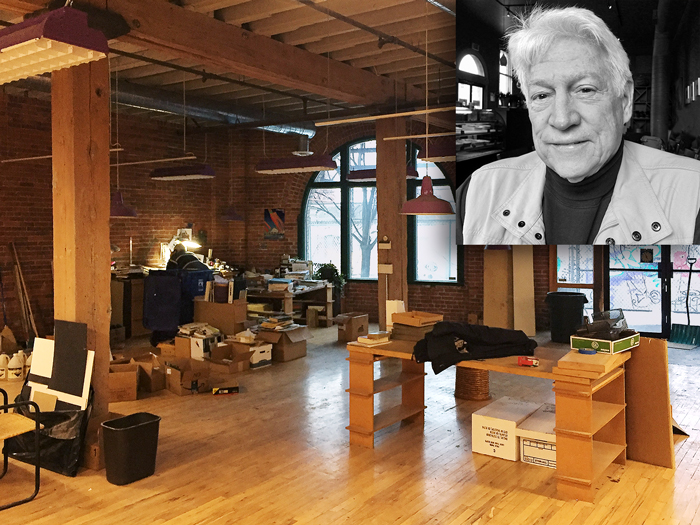Check this out: Richard Wagner and Arthur Conan Doyle share a birthday today, which, coincidentally, is the same day Sun Ra arrived on Earth from Saturn.
Oh—for you millennials who might be reading this, I should probably explain that Wagner is responsible for the single greatest work of art ever created, while Doyle is the reason Benedict Cumberbatch is a household name. And Sun Ra is, well…Sun Ra.
Happy birthday, gentlemen. The world would be a lot less interesting without you.



